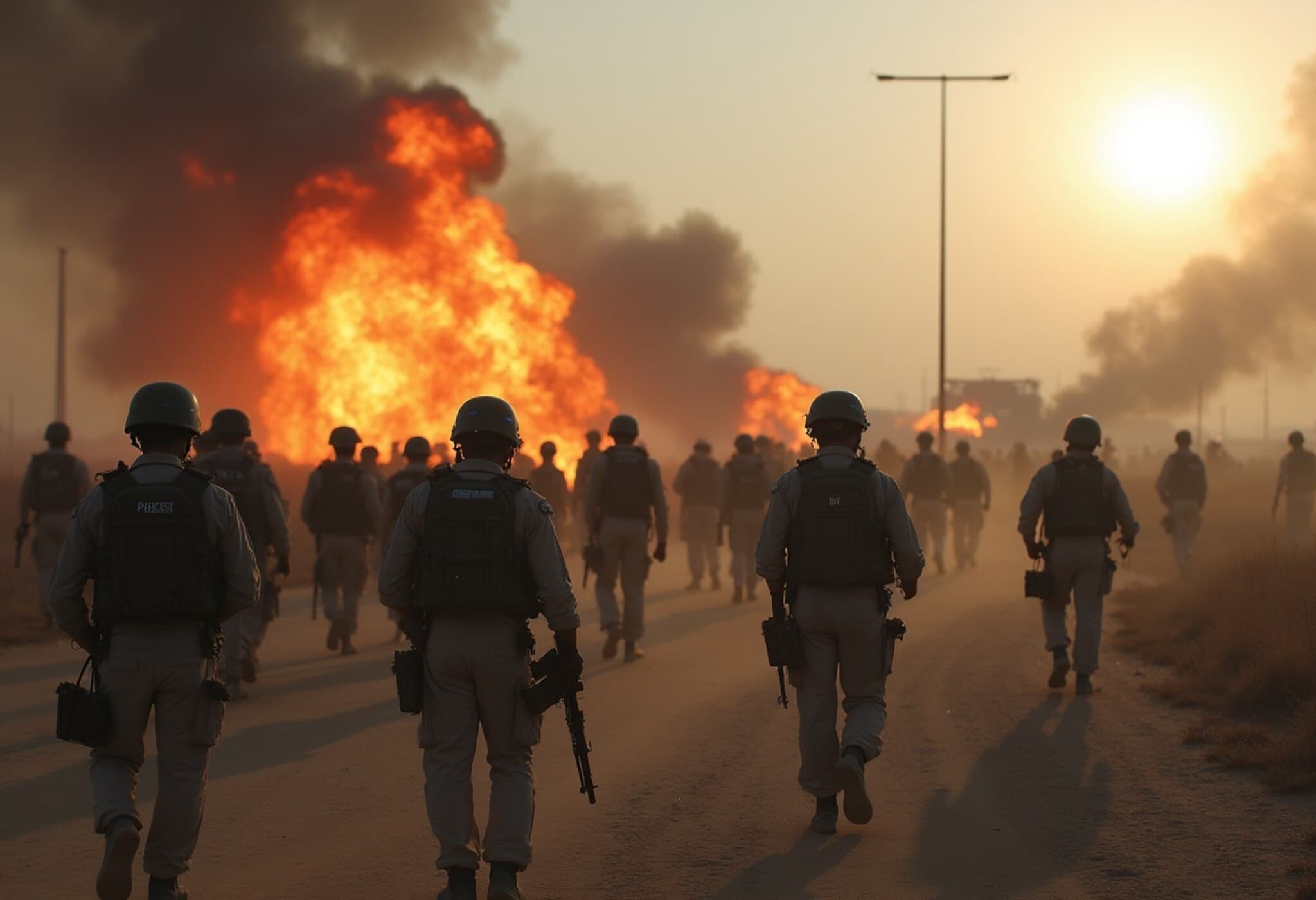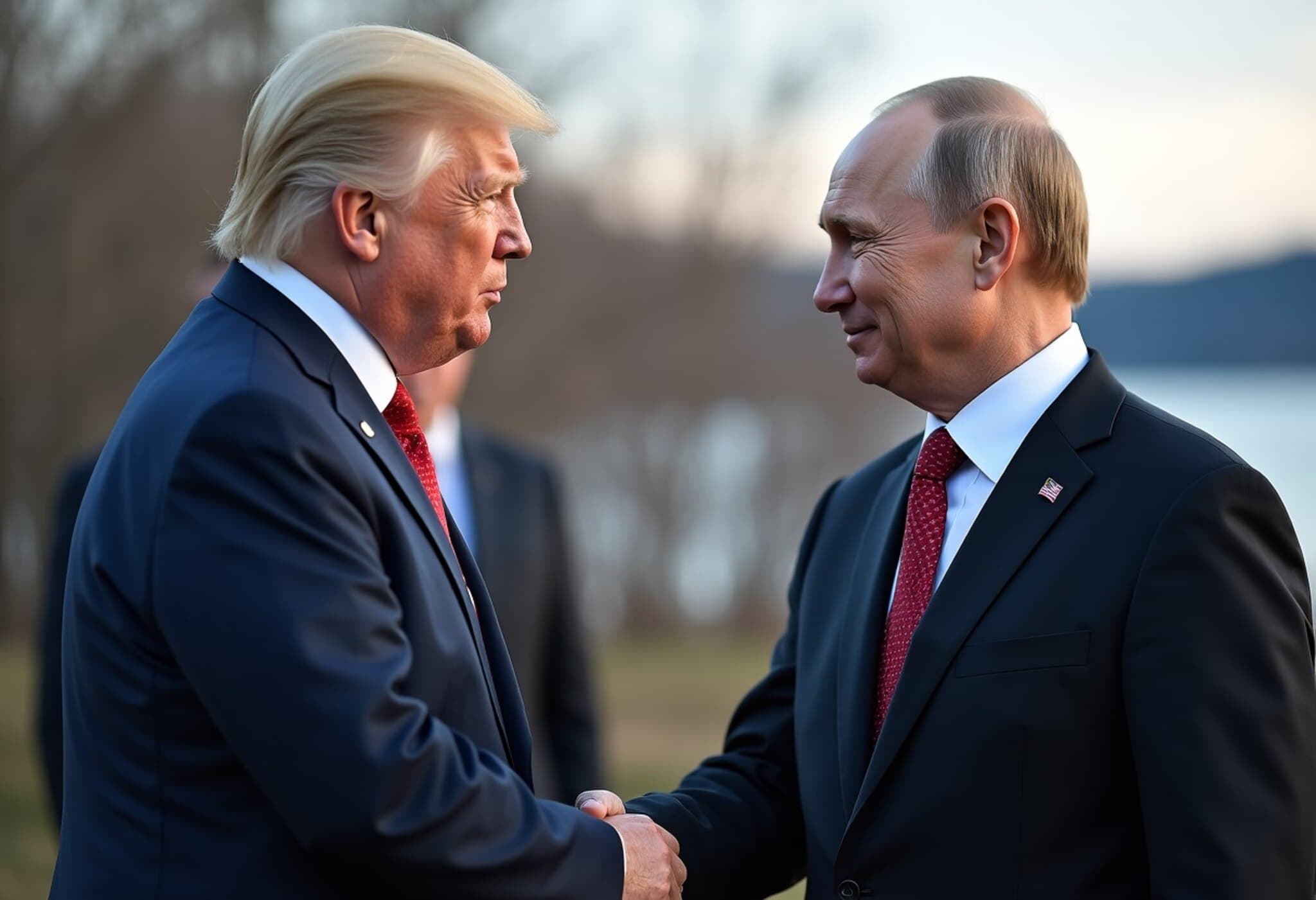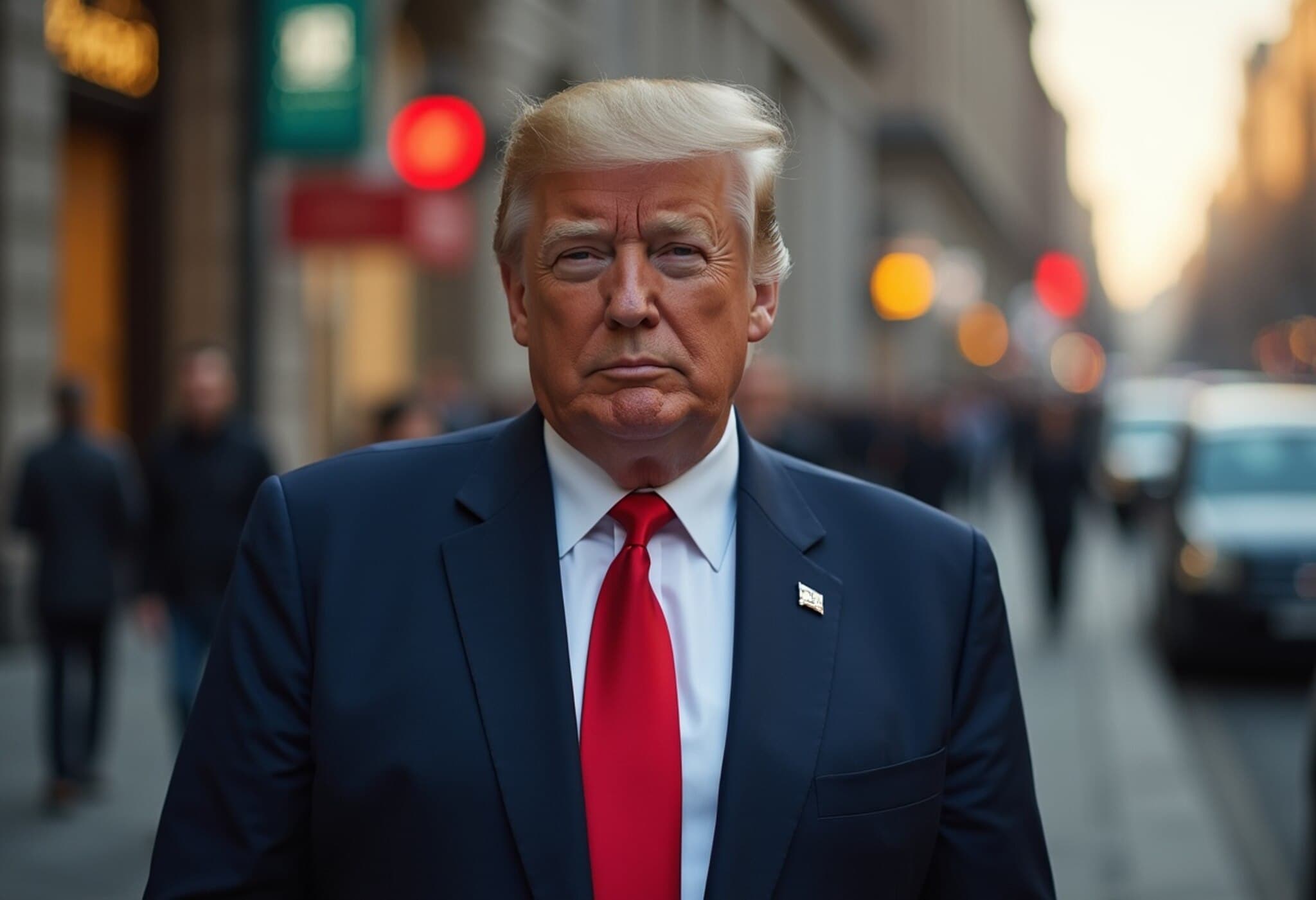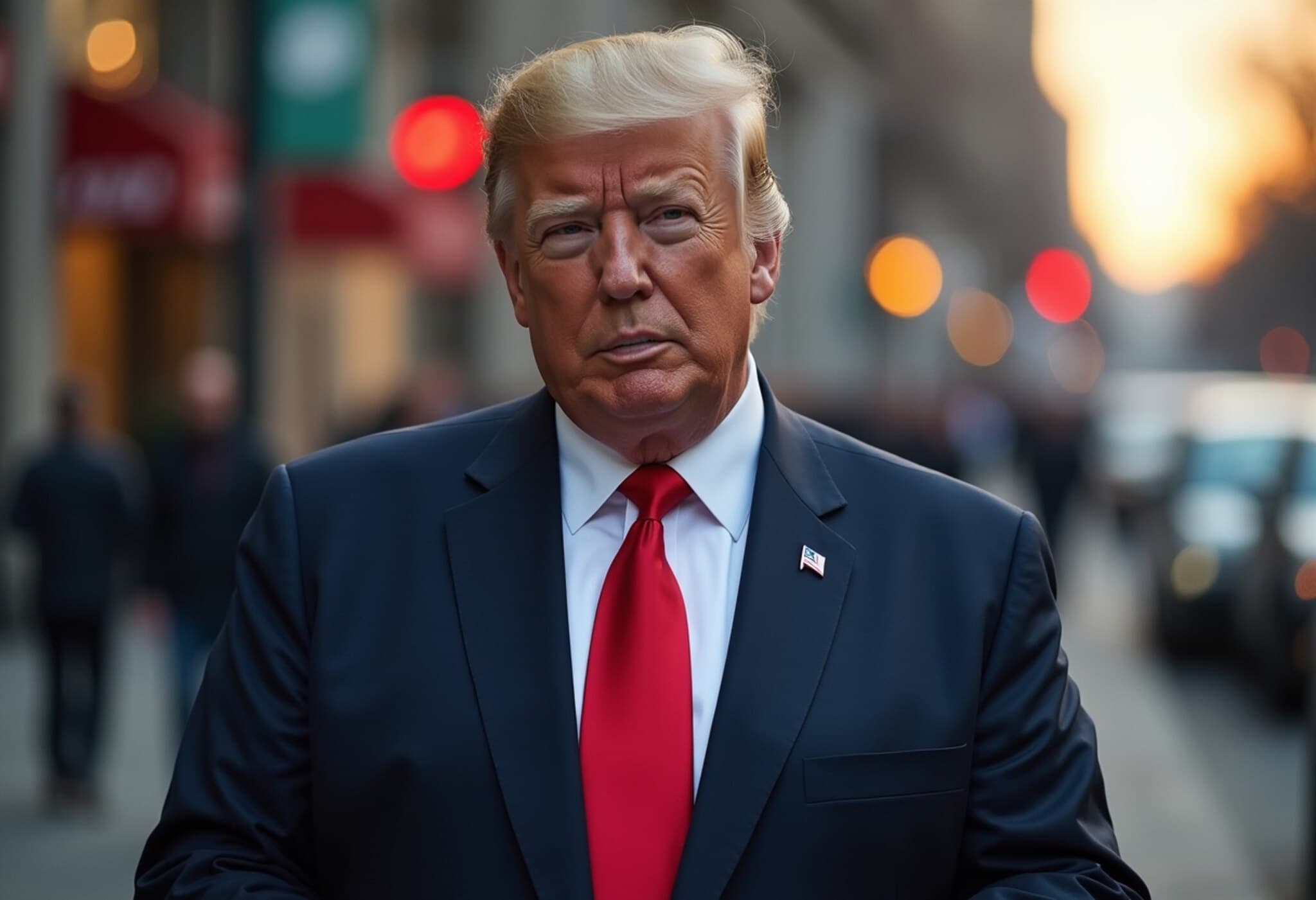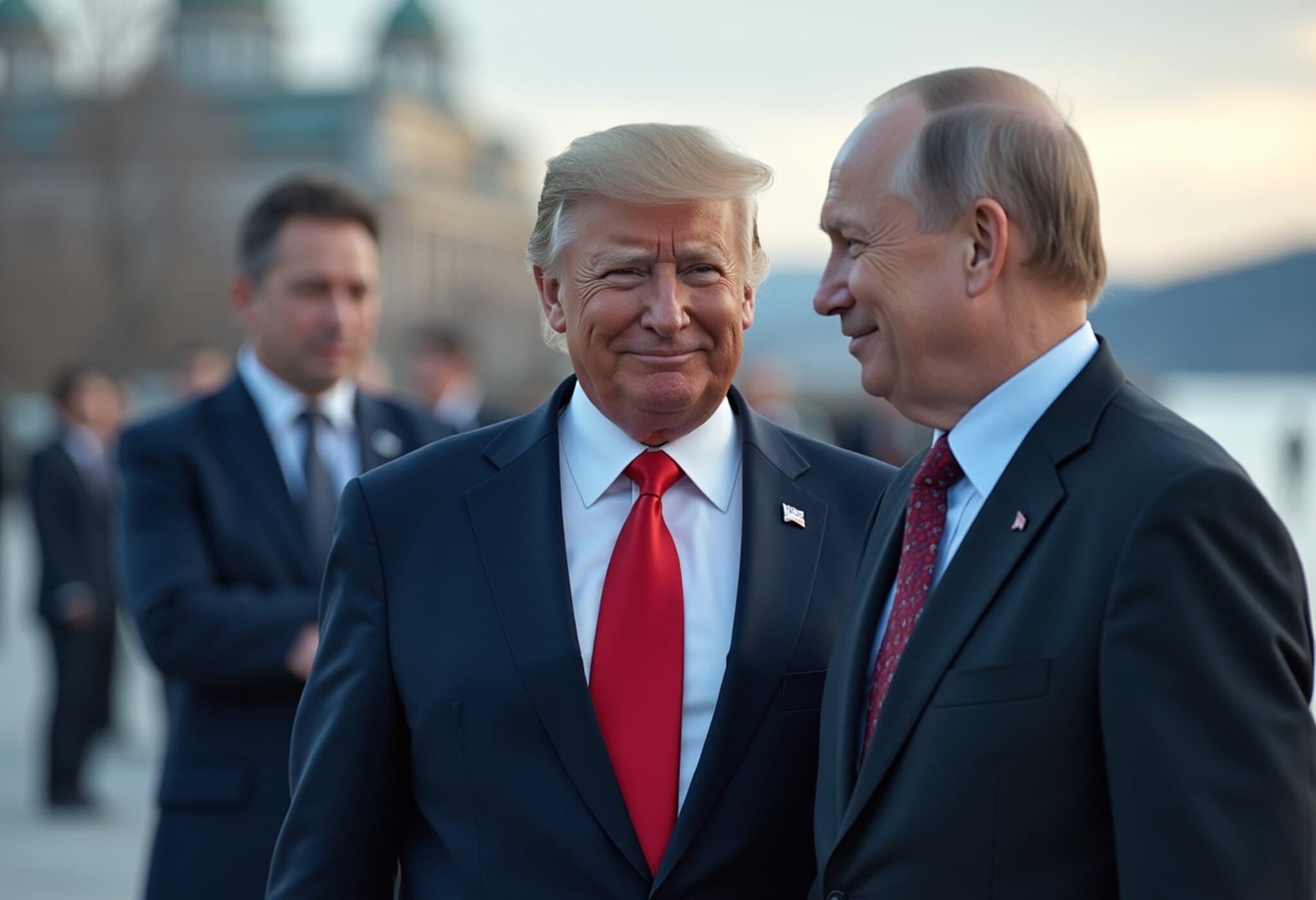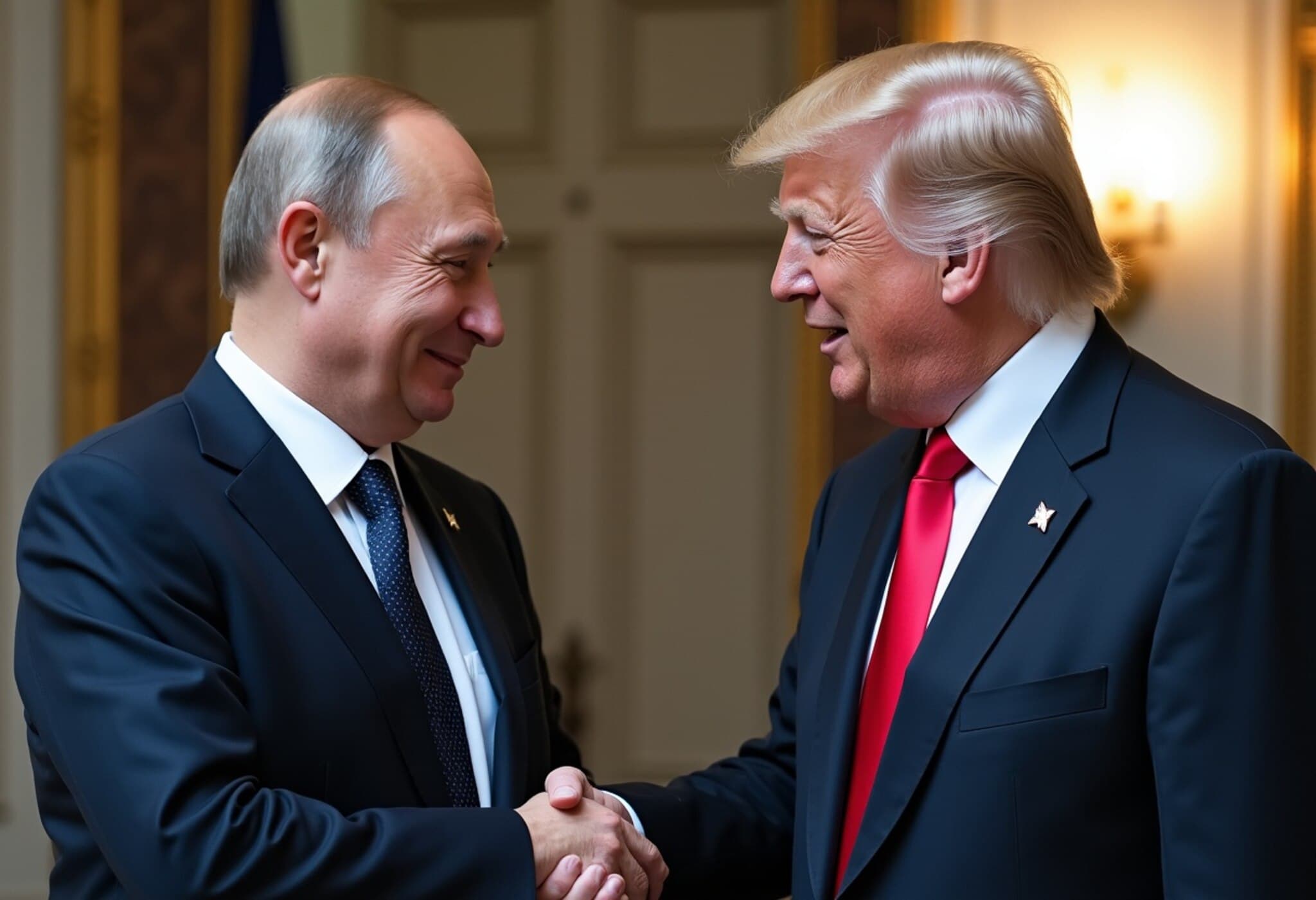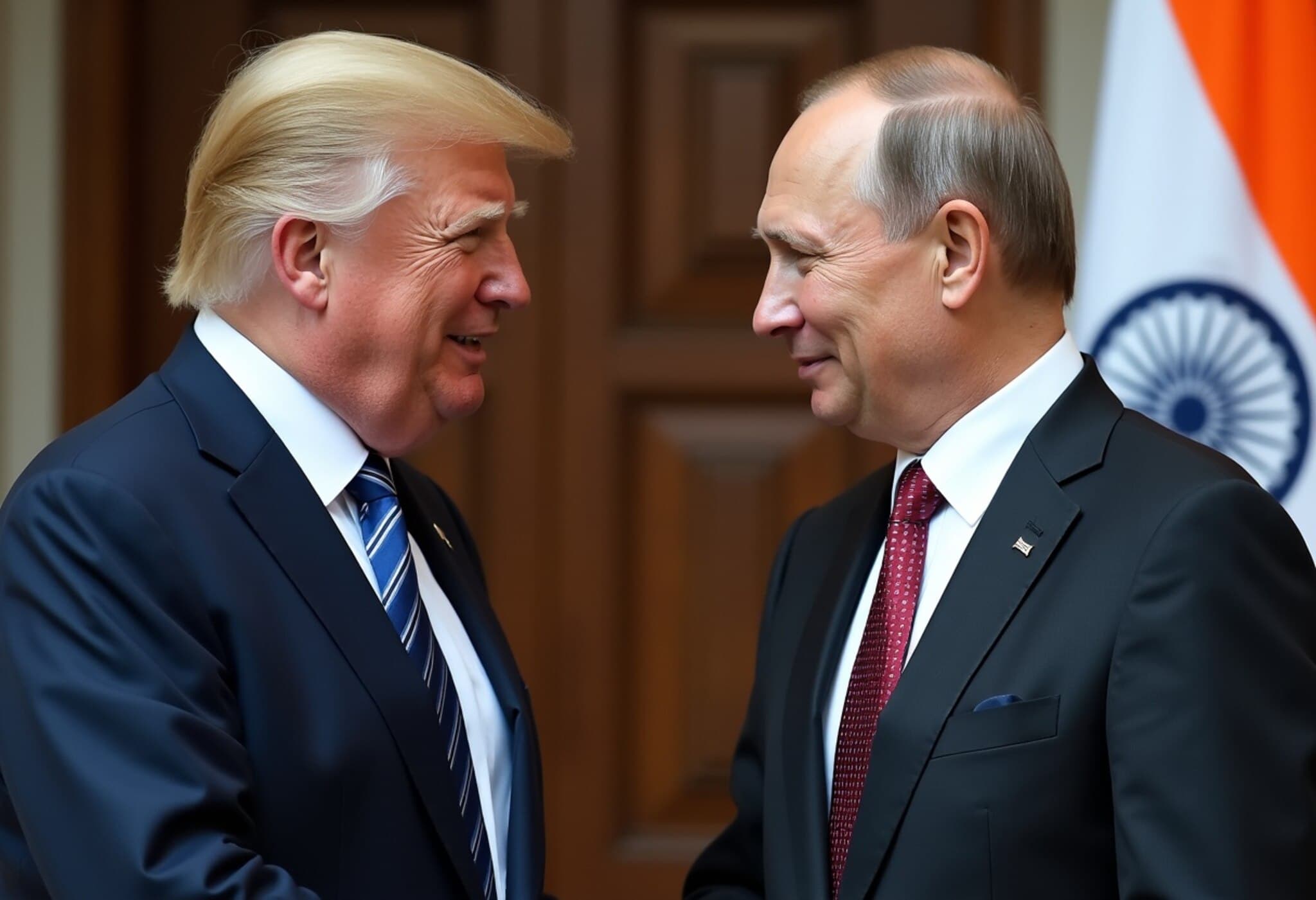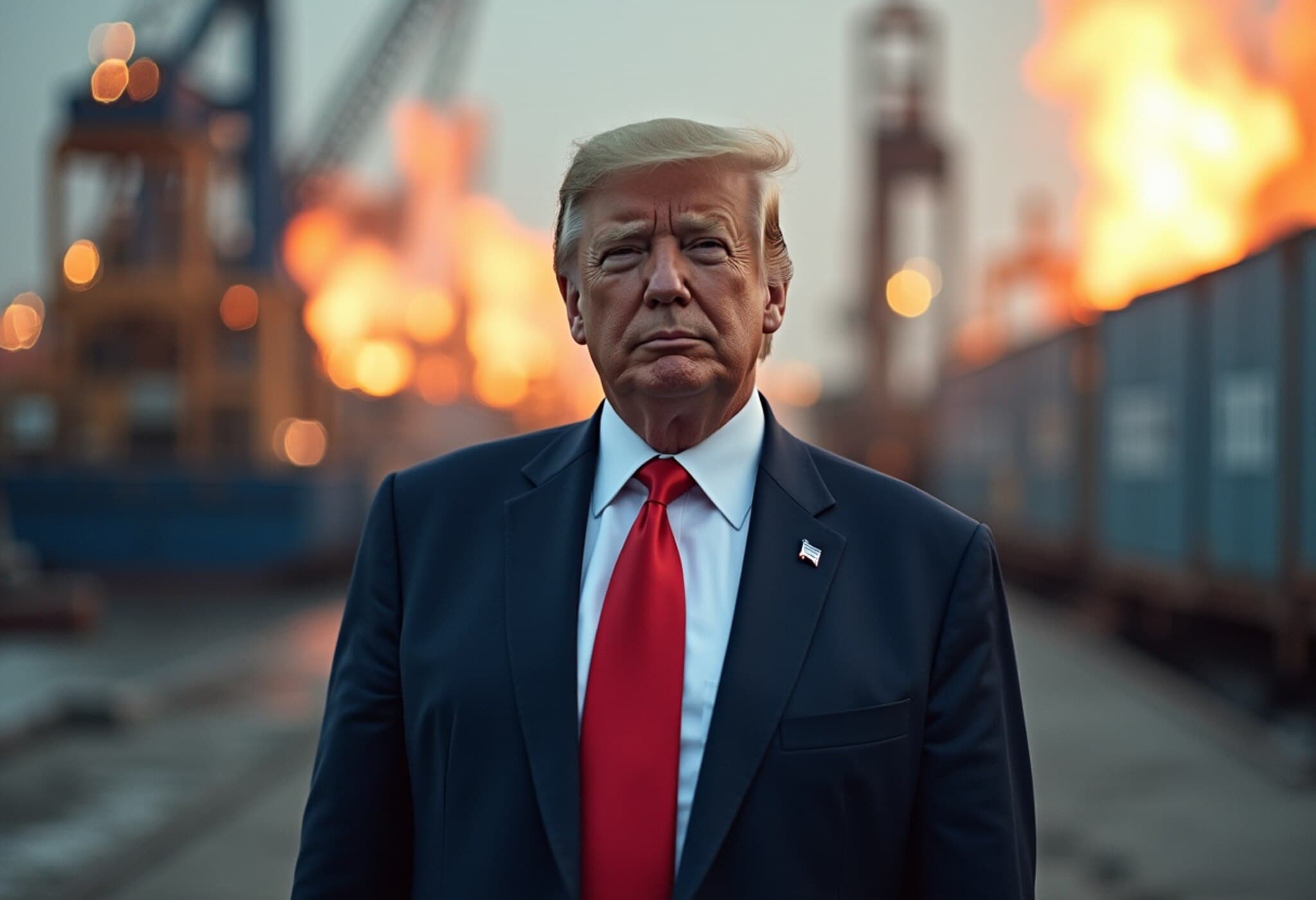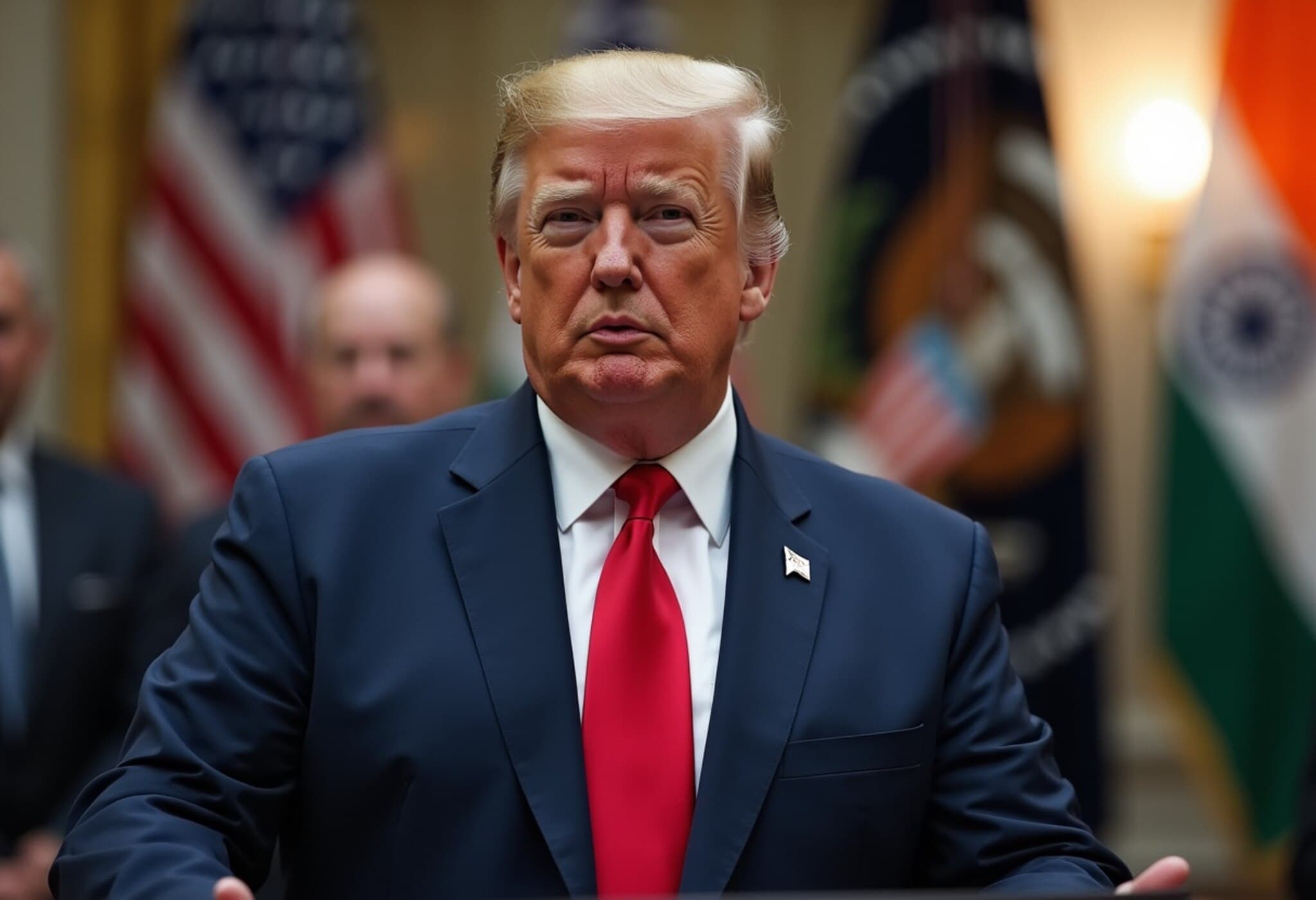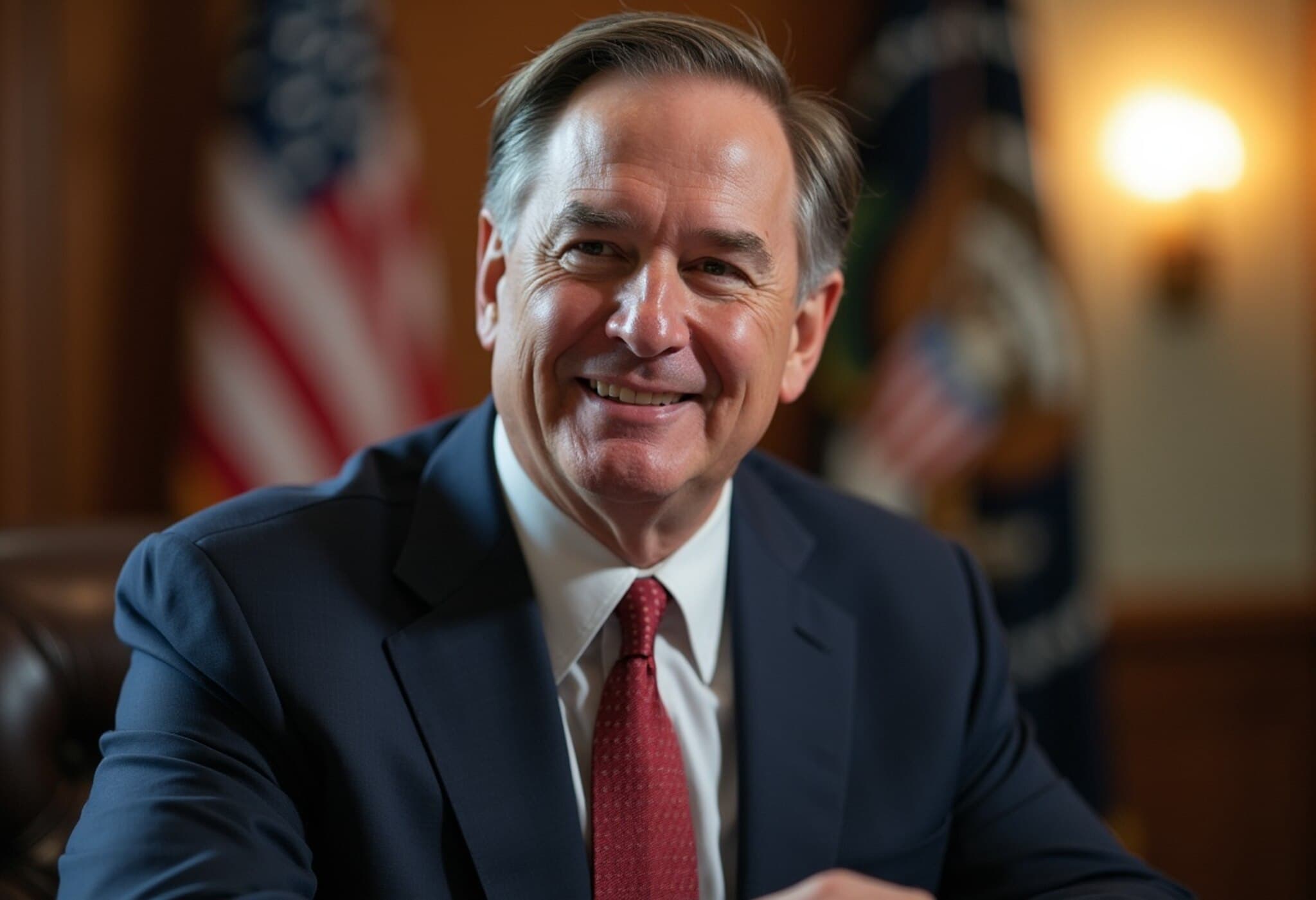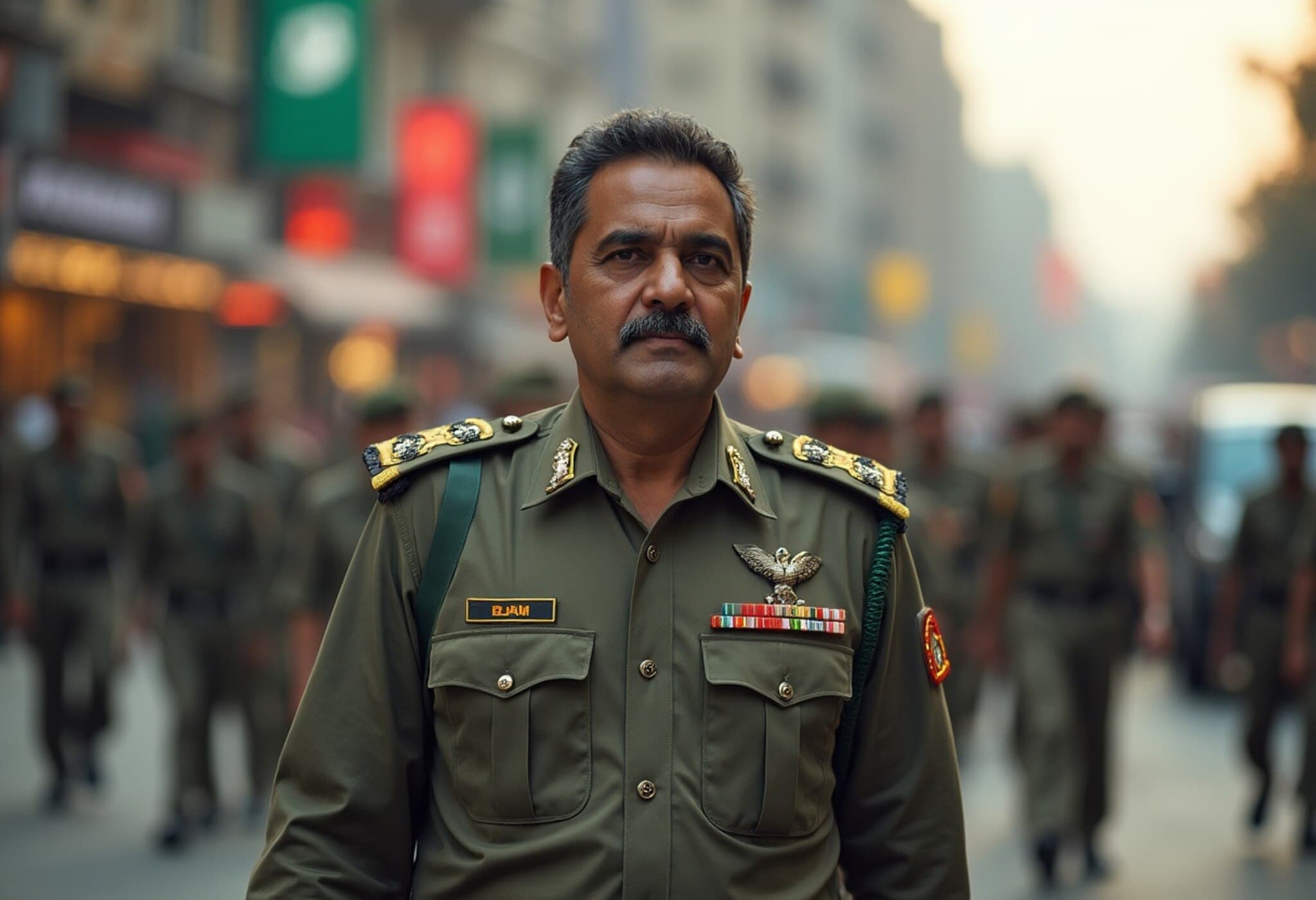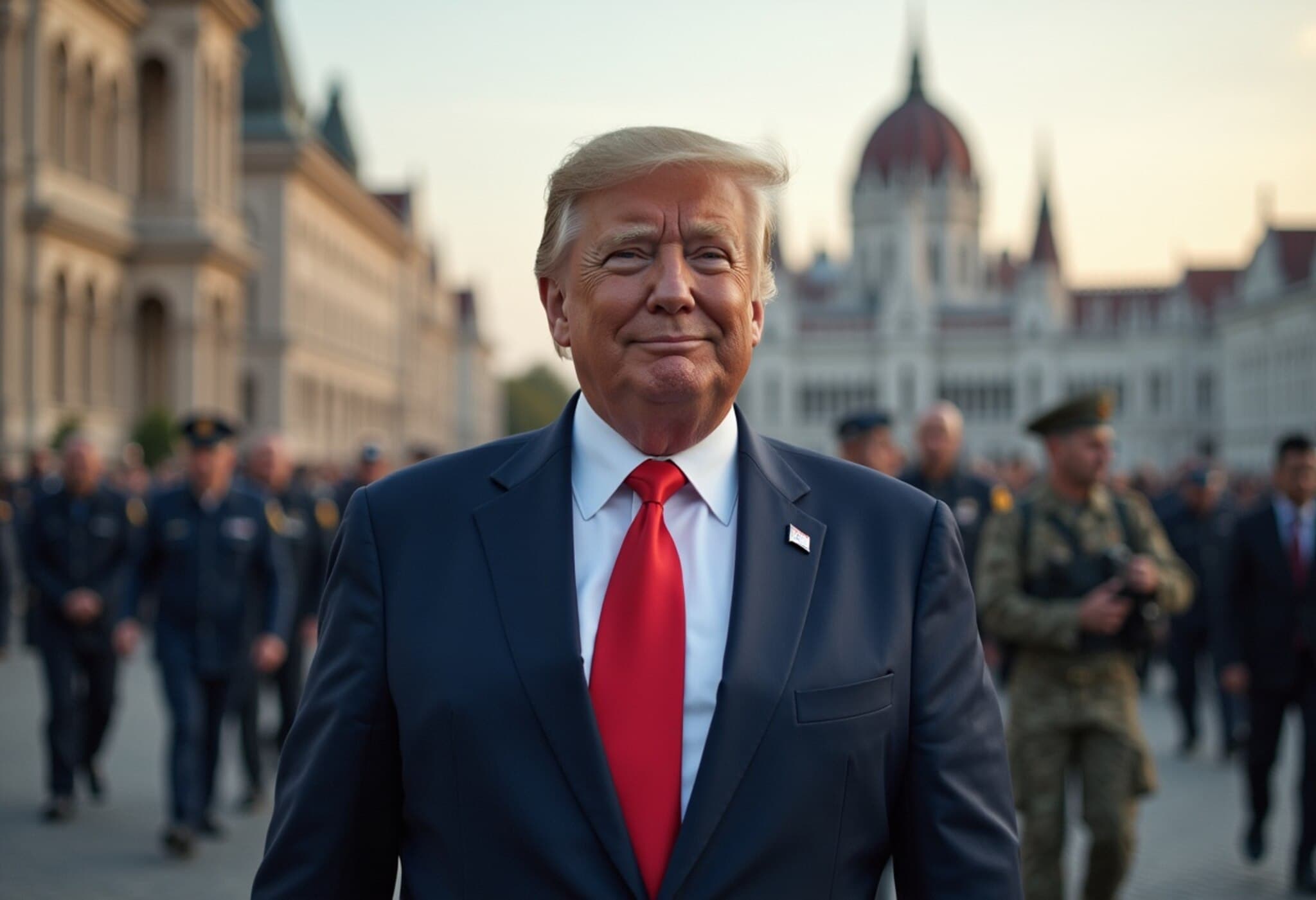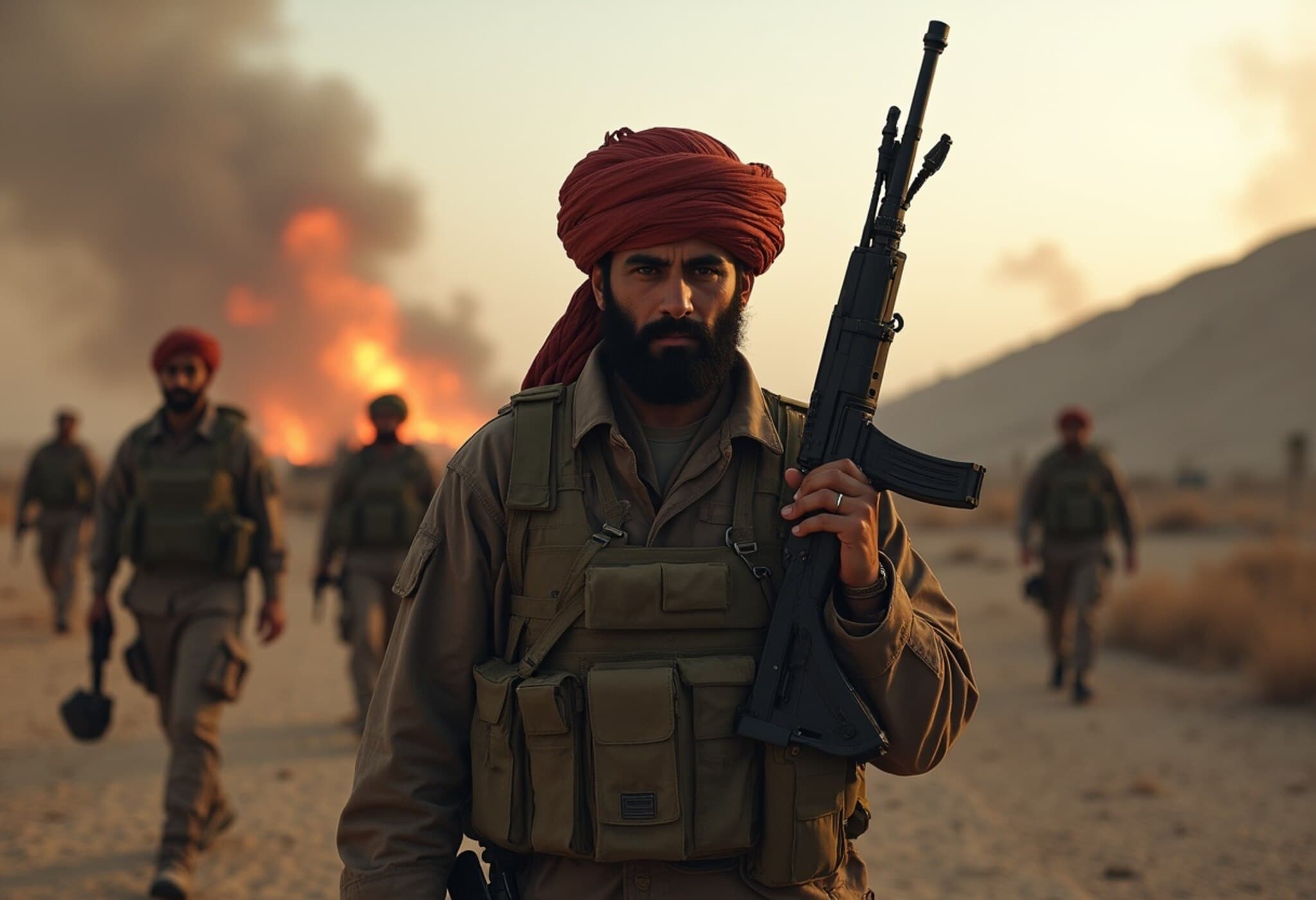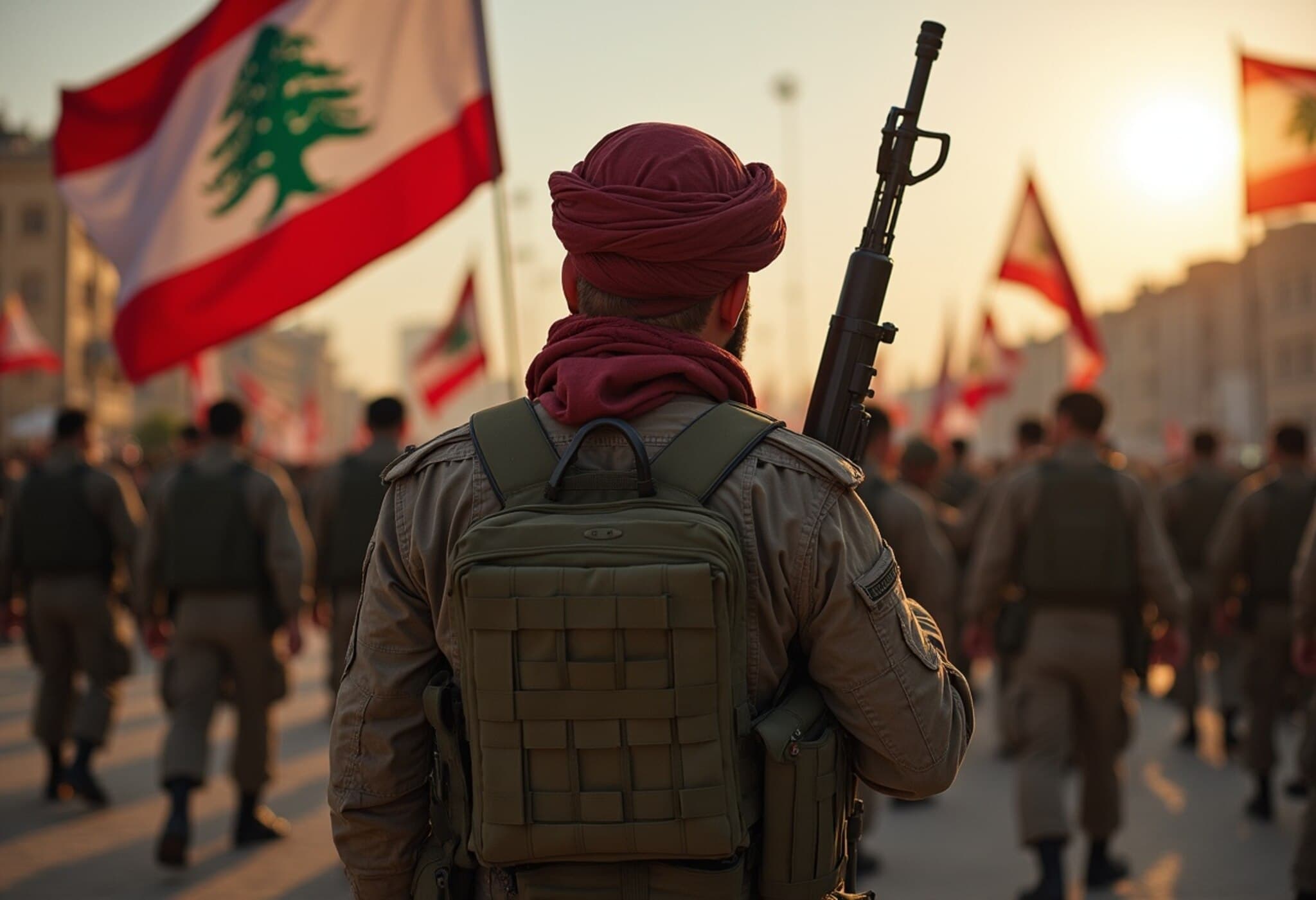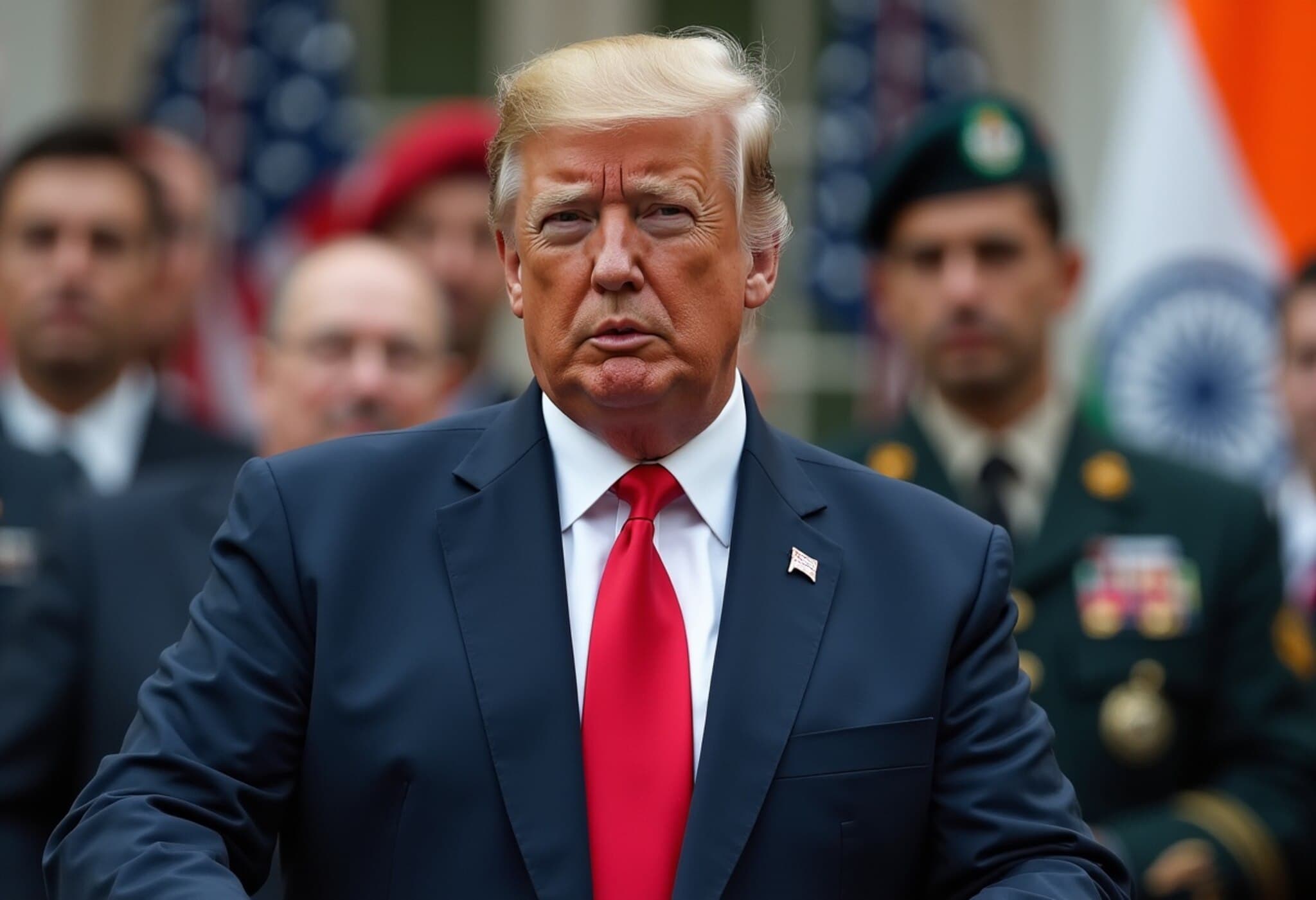US Keeps a Close Watch on India-Pakistan Tensions Amid Rising Conflict
In a candid acknowledgment of the fragile security situation in South Asia, U.S. Secretary of State Marco Rubio emphasized that Washington monitors developments between India and Pakistan every single day. His remarks come in the wake of intense military clashes triggered by India’s recent Operation Sindoor, which targeted terror infrastructures across nine locations in Pakistan-occupied Kashmir and within Pakistan’s territory.
Operation Sindoor and Its Regional Impact
India’s military campaign, launched with the intent to dismantle terror networks, has reignited tensions between the two nuclear-armed neighbors. Following four days of exchanges across the Line of Control (LoC), concerns about a potential escalation remain high both regionally and internationally.
Rubio highlighted the inherent difficulty for ceasefire enforcement in such a deeply entrenched conflict, stating, “the hardest part is enforcing a ceasefire.” He drew parallels with other regional conflicts, mentioning that the US also keeps close tabs on conflicts involving countries like Cambodia and Thailand, underscoring Washington’s broad commitment to monitoring hotspots worldwide.
Insights on Ceasefires and Peace Prospects: The Ukraine Parallel
In a separate interview, Rubio addressed challenges in achieving lasting ceasefires, referencing the three-and-a-half-year-long conflict in Ukraine. Speaking to NBC News, he said, “the only way to have a ceasefire is for both sides to agree to stop firing at one another. And the Russians just haven’t agreed to that.”
He warned that ceasefires can quickly collapse without strong mutual commitment, emphasizing that the ultimate goal is not merely a pause in fighting but a comprehensive peace agreement that prevents future conflict.
- Rubio called for sustained diplomatic efforts aimed at peace rather than temporary halts in violence.
- His stance reflects a broader US policy prioritizing durable conflict resolution over fragile ceasefires.
US Diplomatic Posture on South Asia: Navigating Complex Relationships
Rubio further highlighted the efforts of the current US administration to champion peacebuilding — citing examples not only from South Asia but also Southeast Asia. In an interview with Fox Business, he credited the President’s administration for focusing on achieving peace in historically turbulent regions.
Addressing the India-Pakistan dynamic, Rubio echoed sentiments that peace is a strategic priority, reflecting the importance Washington places on regional stability given the global implications of any escalated Indo-Pak conflict.
India’s Official Stand: Sovereignty and No External Mediation
While the US keeps vigilant, India maintains a firm stance regarding its operations. Prime Minister Narendra Modi, during parliamentary discussions about Operation Sindoor, stressed there has been no international intervention or request to halt India’s counterterrorism operations. Similarly, External Affairs Minister S. Jaishankar confirmed that ceasefire discussions with Pakistan did not involve third-party mediation, underscoring India's insistence on bilateral security frameworks.
Why This Matters: Global Security and US Foreign Policy
The India-Pakistan conflict is more than a regional dispute; it carries significant weight in global security discourses, especially given both nations' nuclear capabilities. The US, by actively monitoring daily developments, signals its commitment to preventing an escalation that could destabilize South Asia and ripple through international security structures.
Moreover, Rubio’s emphasis on peace efforts and realistic understanding of ceasefire complexities provides insight into the nuanced approach Washington employs in handling multifaceted conflicts worldwide.
Looking Ahead: Key Questions for Policymakers and Observers
- How can the US and global powers effectively support de-escalation without infringing on sovereignty?
- What mechanisms could reinforce ceasefires to prevent sudden collapses, drawing lessons from prolonged conflicts like Ukraine?
- In what ways might regional players and international actors collaborate to address the roots of cross-border terrorism and foster sustainable peace?
Editor’s Note
The ongoing tensions between India and Pakistan remind us of the delicate balance of peace in geopolitically sensitive areas. While US vigilance and diplomatic efforts are critical, sustainable resolution depends on constructive dialogue rooted in respect for sovereignty and mutual security concerns. Observers must question how international and regional actors can move beyond reactive measures to proactive peacebuilding. The parallels Rubio draws between South Asia and other conflict zones highlight a universal challenge: true peace demands not only ceasefires but enduring agreements to end cycles of violence.

